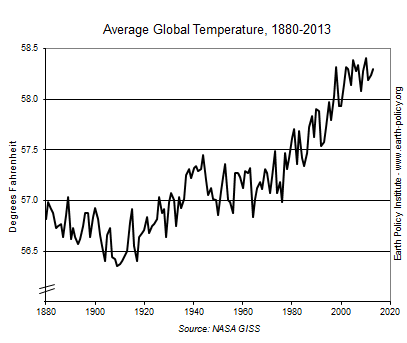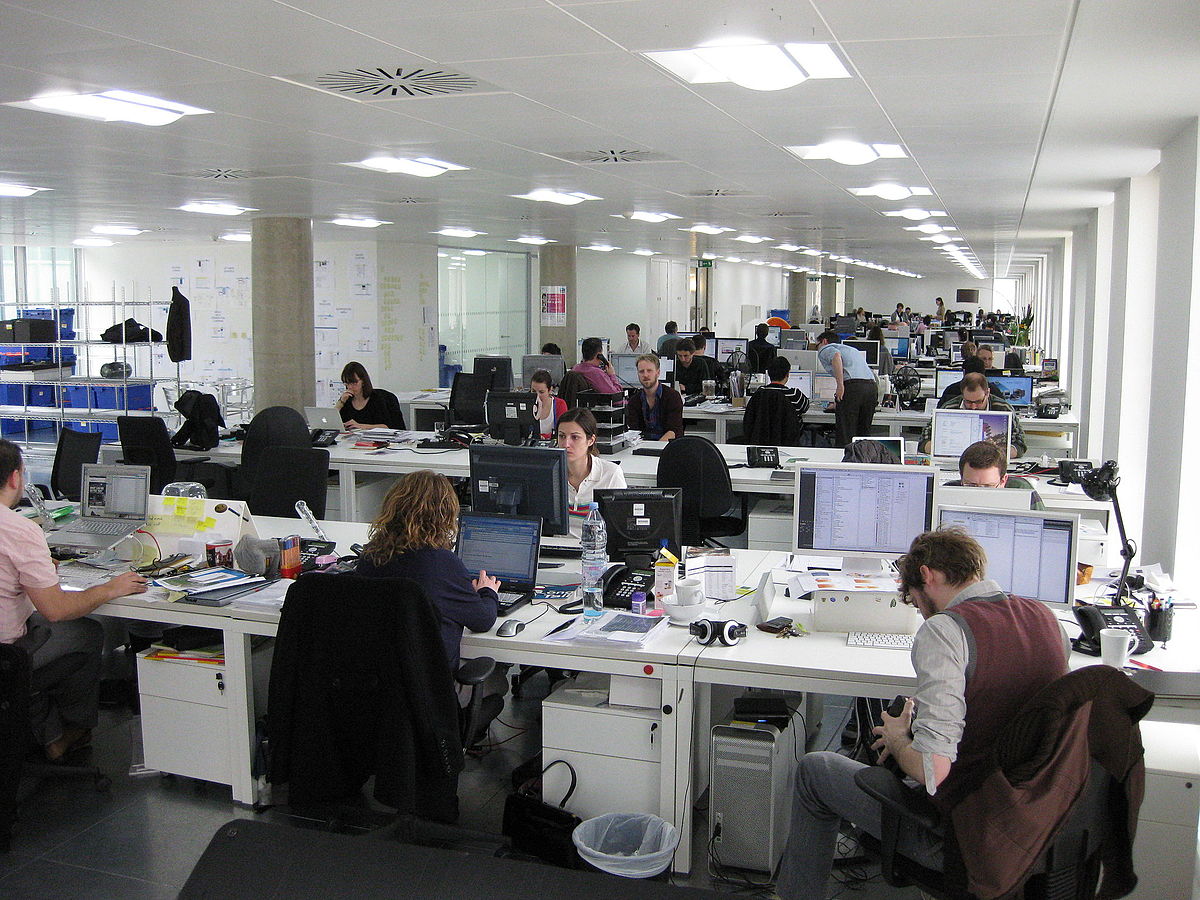
Extracts from Gwynne Dyer: Climate tipping point could be here

Pre reading: Match these words with synonyms or definitions:
non-linear incremental count on uncharted territory Meteorological Celcius
hemisphere a wider margin a
periodical rise droughts no precedent fluctuation
to trigger emissions pre-industrial threshold a surge CO2
gradual rely on study of the weather and climate half of the globe
a sudden increase release of gases 18th Century cause unknown situation
a larger amount prolonged lack of rain has never occurred before
a temporary change limit/boundary non-sequential carbon dioxide
standard measurement of temperature an increase occurring every few years
Task 1. Read and explain what you understand using these quotations:
1. "...it's
hardly ever mentioned in the public discussion of climate change"
2. "Alas, most people are wrong."
3. "It may do that - but there may also be a sudden jump"
If you spend a lot of time talking to scientists about climate
change, there's one word you'll hear time and time again, and yet it's
hardly ever mentioned in the public discussion of climate change. The
word is "non-linear".
Most people think of global warming as an incremental thing. Alas, most people are wrong. The
climate is a very complex system, and complex systems can change in
non-linear ways.
In other words, you cannot count on the average global temperature
rising steadily but slowly as we pump more and more greenhouse gases
into the atmosphere.
It may do that - but there may also be a sudden jump in the average
global temperature that lands you in a world of hurt. That may be
happening now.
Task 2.
1. What does the phrase "non-linear" mean?
2. What reasons are given that climate change may not occur gradually but suddenly?
3. What do you think the writer means by "a world of hurt"? What might happen as a result of sudden climate change?
Task 3.
1. Who is Michel Jarraud?
2. What has happened over 2014, 2015 and 2016?
3. What's the difference between local and global temperature?
4. Why is a fifth of a degree Celcius "a big jump" in average global temperature?
5. What have Meteorologists seen happen over the past 11 months?
"We are moving into uncharted territory with frightening speed," said
Michel Jarraud, secretary-general of the World Meteorological
Organisation, last November. He was referring to the unprecedented way
the warming is now accelerating. The hottest year ever was 2014 - until
2015 beat it by a wide margin; 2016 may beat it by an even wider margin.
It was the hottest January ever - and then the average global
temperature in February was a full fifth of a degree Celsius higher than
January. That was a huge jump, since the "average global temperature"
is an average of all the temperatures over the seas and the land in both
the summer hemisphere and the winter hemisphere. It is normally a very
stable figure, changing no more than a few hundredths of a degree from
year to year.
But March was not only hotter than February, it was hotter by an even wider margin than February was over January.
Indeed, each of the past 11 months has beaten the highest previously recorded average temperature for that month.
Task 4.
1. What is El Nino?
2. Why does El Nino
not explain the sudden rise in average global temperature? (two reasons)
Some people try to explain this all away by blaming it on El Nino, a
periodical rise in the ocean surface temperature in the eastern Pacific
that moves the rainfall patterns around worldwide, causing droughts here
and floods there. But El Nino is a LOCAL rise in temperature, it does
not normally affect the average global temperature much.
The frightening acceleration in the warming in the past three months has
no precedent in any El Nino year, or indeed in any previous year. It
could be some random short-term fluctuation in average global
temperature, but coming on top of the record warming of 2014 and 2015 it
feels a lot more like part of a trend.
Task 5.
1. What is 1C?
2. What is Plus 2?
3. What happens after plus 2?
4. How long does the Paris agreement give us to cut or emissions?
4. What is 1.5C?
Last year the average global temperature hit 1C higher than the
pre-industrial average. That is halfway to the plus-two degree level
which all the world's Governments have agreed we must never exceed, but
at least we got to plus-one slowly, over a period of two centuries.
The plus-two threshold matters because that's when the warming we have
already caused triggers effects we cannot control: the loss of the
Arctic sea-ice, the melting of the permafrost, and immense releases of
CO2 from the warming oceans. After plus-two, we will no longer be able
to stop the warming by ending our own greenhouse gas emissions.
Even at the global climate summit in Paris in December, there was still
hope we might avoid triggering the effects, because the historic rate of
warming would still give us about 25 years to work on cutting our
emissions before we reach plus-two. But if the current non-linear surge
in warming persists, we could have covered half the remaining distance
and reached plus 1.5C by the end of this year.
Discuss:
1. How does the article make you feel?
2. What might the world look like if we reach plus 1.5C by the end of this year?
3. Did you find the article objective? Were the facts presented in a balanced way?
More to talk about here:
Environmental Problems




































